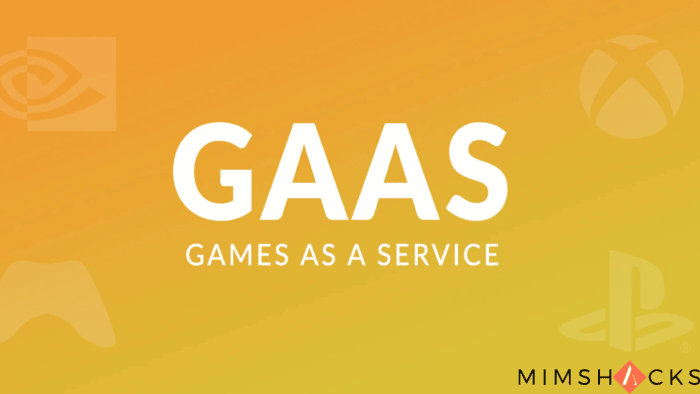From Play to Pay: How Sweepstakes are Changing the Gaming Landscape

Sweepstakes casinos have introduced a notable shift in how online gaming is structured and accessed in the United States.
Unlike traditional real-money gambling platforms, these casinos operate within a different legal framework, allowing them to provide casino-style entertainment in regions where online gambling remains restricted.
The core of their appeal lies in the use of virtual currencies rather than cash transactions, a strategy that not only sidesteps regulatory hurdles but also opens the door to a wider, more casual gaming audience.
The rise of these platforms illustrates how legal innovation and consumer demand have converged to redefine the boundaries of online gaming.
How Sweepstakes Casinos Work?
Sweepstakes casinos typically use two types of virtual currencies. The first, often referred to as Gold Coins, is used for standard gameplay and carries no monetary value.
The second, Sweeps Coins, can be collected through promotional offers or bundled with Gold Coin purchases and, in many cases, redeemed for cash prizes after meeting specified requirements.
This dual-currency setup is what separates sweepstakes casinos from their traditional counterparts, making them legal to operate in most U.S. states.
By avoiding direct financial stakes in games, these platforms remain in compliance with sweepstakes and promotional laws rather than gambling regulations. Within this structure, platforms like Jackpota Casino have rapidly gained attention.
Although relatively new to the market, Jackpota has positioned itself as a top-tier gaming destination across the U.S. The platform allows users to play hundreds of casino games for free using virtual currencies, bypassing the need for real-money deposits.
As noted in the Jackpota Casino Review: In-Depth Rating of This Sweeps Casino, industry expert James Leeland highlights how Jackpota’s fast ascent reflects its broad game variety, user accessibility, and compliance with legal norms.
The review offers detailed insights into the platform’s bonus systems, game mechanics, payment procedures, and customer support structure. This operational model is not unique to Jackpota, but the platform’s scale and reception help illustrate broader industry dynamics.
The Legal Framework Behind the Model
Sweepstakes casinos operate under a legal model that separates them from real-money gambling. In most U.S. jurisdictions, gambling laws apply only when three elements are present: consideration (money or something of value), chance, and prize.
Sweepstakes models typically eliminate the “consideration” element by offering free methods of entry and gameplay, which allows them to operate outside the bounds of gambling statutes.
This interpretation has been confirmed in several states, providing a legal basis for these platforms to expand rapidly. Legal analysts have pointed out that the adaptability of this model enables operators to reach consumers in regions that would otherwise be inaccessible due to regulatory restrictions.
It also reduces the overhead and licensing requirements that burden traditional casinos and betting platforms. However, operating within this legal grey area means platforms must constantly monitor state-level changes and adapt their terms and offerings accordingly. For this reason, compliance teams are essential in maintaining legality and user trust.
Design and Player Experience
The user interface and overall structure of sweepstakes casinos are often optimized to resemble those of standard online casinos. Players typically encounter familiar gaming environments featuring digital slot machines, blackjack tables, and video poker.
Yet, these games are powered by the virtual currency system, giving users a similar experience without involving real-money risk.
Operators often invest heavily in game variety and design, recognizing that the absence of traditional stakes must be offset by engaging content and intuitive interfaces. Elements such as streamlined navigation, responsive customer service, and clear reward systems play a significant role in maintaining user interest.
Market Growth and Industry Trends
Over the last few years, the sweepstakes casino sector has experienced consistent growth. Analysts attribute this trend to three key factors: legal access in restrictive jurisdictions, rising interest in risk-free gaming, and strategic marketing efforts by operators. The success of platforms like Jackpota has further accelerated market confidence in the sweepstakes model.
New entrants continue to adopt similar structures, adding pressure for innovation and platform differentiation. Game developers are also responding by creating titles tailored for virtual economies, which differ slightly from traditional real-money casino games in their reward mechanics and pacing.
Industry observers note that the U.S. sweepstakes casino space is increasingly attracting partnerships from payment processors, game studios, and digital marketing firms.
This ecosystem growth indicates that sweepstakes casinos are not merely a workaround for legal restrictions but a developing sector with long-term potential and evolving consumer expectations.






